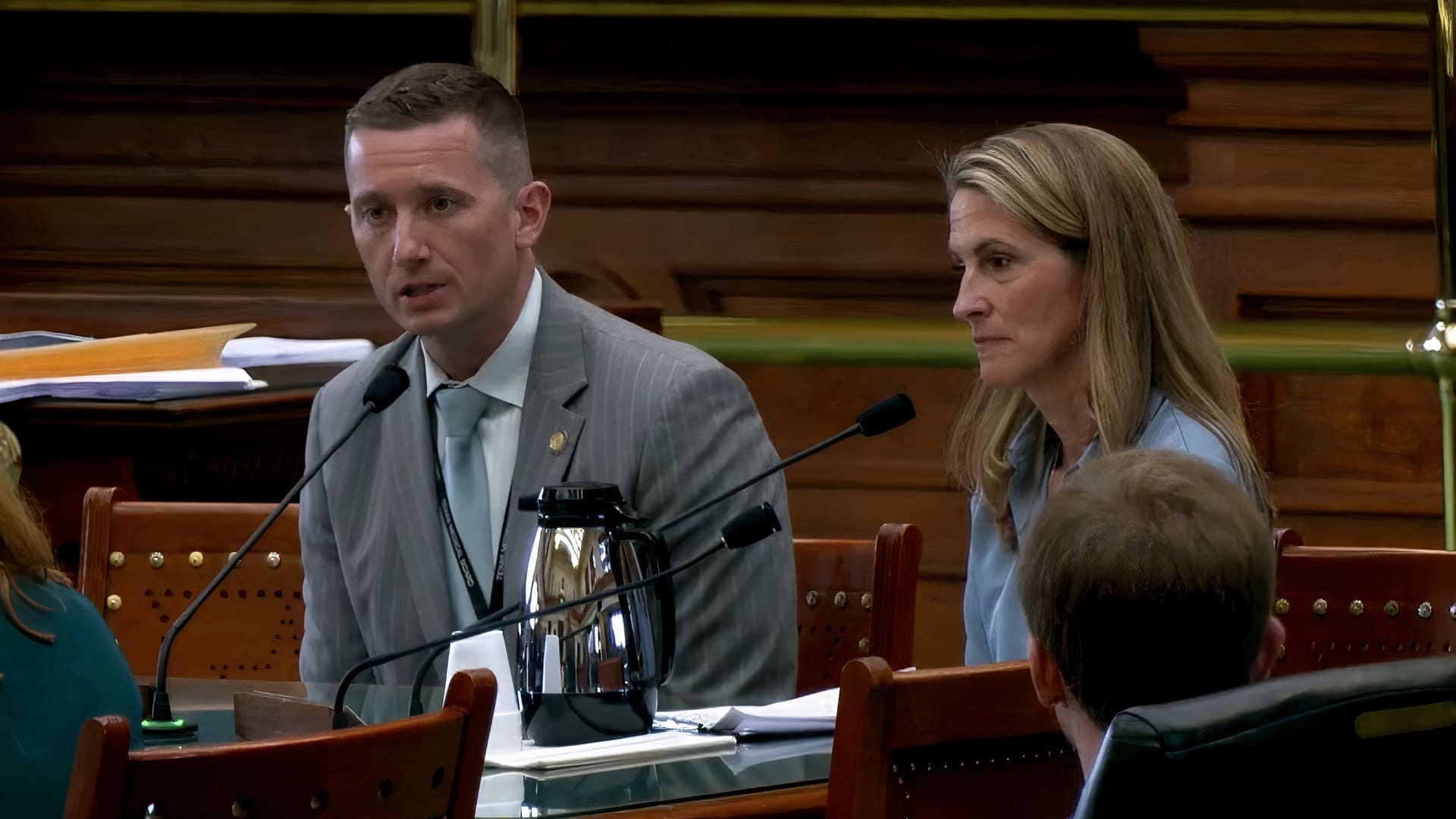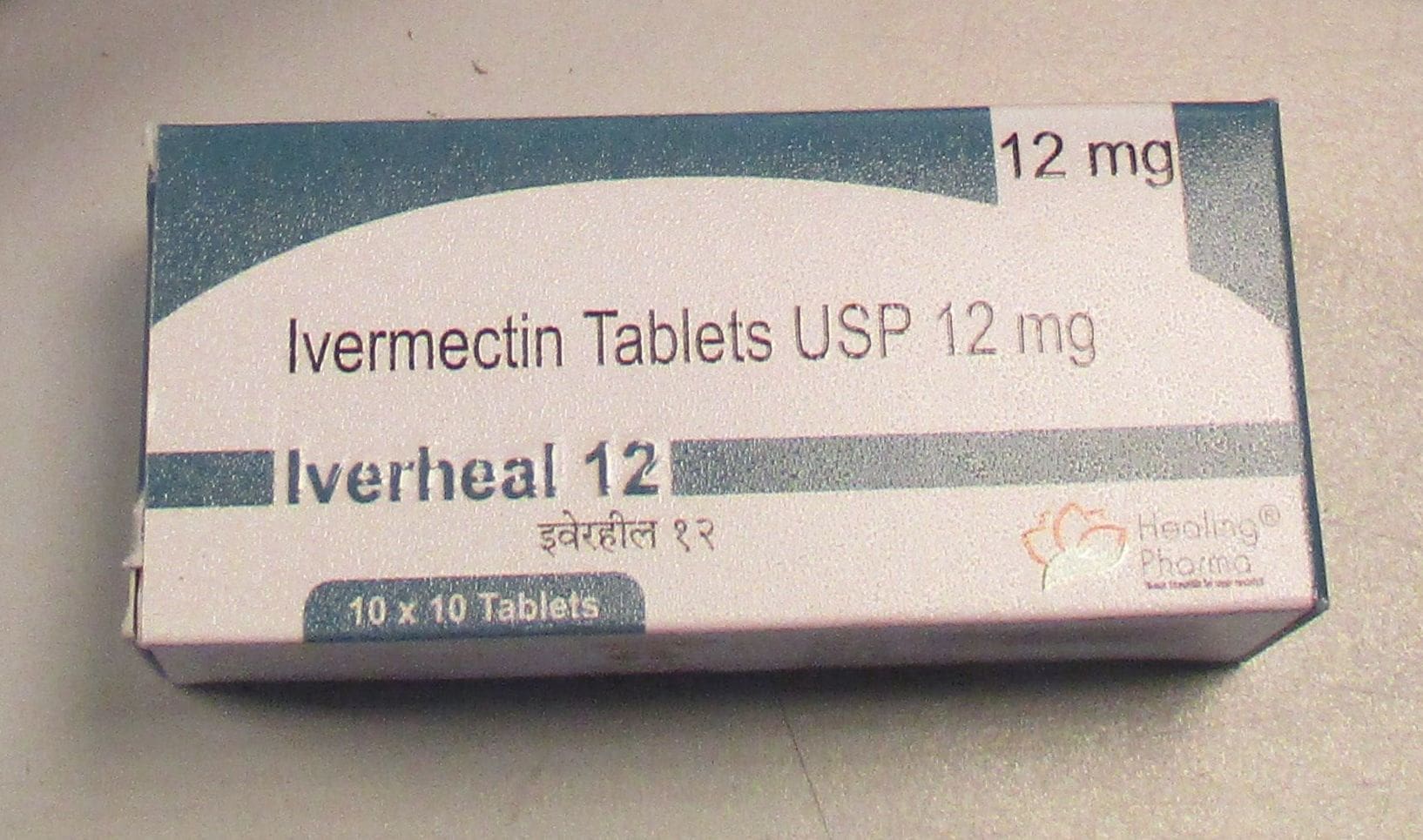Standing with Texans wanting to protect medical free speech, State Sen. Bob Hall (R–Edgewood) asked the Texas Medical Board if they will punish doctors sharing concerns about COVID–19 vaccinations. He wasn’t satisfied with their answer.
Hall fired off a letter to the Texas Medical Board last month, after reading this “alarming statement” from the Federation of State Medical Boards (FSMB):
Physicians who generate and spread COVID–19 vaccine misinformation or disinformation are risking disciplinary action by state medical boards, including the suspension or revocation of their medical license.
Hall asked TMB President Sherif Zaafran to “clarify” that Texas doctors who voice concerns of COVID–19 vaccines won’t be punished, and that the Interstate Medical Licensure Compact—House Bill 1616—won’t be “misconstrued” for such purposes.
Hall’s letter was sent August 11, and Texas Scorecard reported on it September 2. Zaafran finally replied that evening, according to Hall’s office.
“There are no provisions in HB 1616 that would punish a physician for expressing their concerns about the COVID-19 vaccine,” Zaafran wrote. “The bill does include discretion and independent consideration by each member state.”
In regards to FSMB’s statement, Zaafran replied, “The FSMB’s statement was a general statement and not specific to Texas.”
“Part of protecting the public’s health, safety and welfare is TMB’s recognition that physicians must have the ability to freely discuss treatment options with their patients so that together they can make decisions that are in the best interest of the patient,” he continued. “Physicians are expected to follow the standard of care in providing, recommending, or not recommending any preventions or treatments. As always, the TMB would just remind physicians to be sure to provide the appropriate disclosures to their patients and adequately document these in the patient’s medical record.”
Zaafran did note TMB is a “complaint-driven agency.”
“If the Board were to receive a complaint on this matter, then we would have a statutory obligation to review the complaint via our standard process,” Zaafran wrote. He added that reviews don’t “necessarily lead to an investigation,” and “the initial review may lead” to the complaint being dismissed. He stated that, in general, “approximately” 35 percent of complaints are dismissed before the subject is informed, and “a further 40 [percent]” are dismissed before an investigation is started.
“If the need to dismiss the complaint is not clear upon the initial review, then the licensee will be asked to respond with additional information,” Zaafran continued. “An investigation would only begin if the licensee fails to respond, or the response is inadequate to allow dismissal.”
“It is my sincere hope that this response will help assure you that the TMB is not interested in stifling physician-patient communication that meets the standard of care.”
Was Hall satisfied? “No, it really didn’t answer anything,” Amy Lane, Hall’s chief of staff, replied. “We will most likely do a follow-up.”
After hearing of possible threats to Texas doctors and medical free speech, citizens made their position clear.
“Our Doctors should express concern if they want,” Eduardo Domingez wrote.
“Doctors should be allowed to [prescribe] what works,” Lynn Ramirez posted.
“Since when did expression [of] a professional opinion become illegal?” Peggy Robinson asked. “This vaccine discrimination needs to stop along with the forced conformity.”
“The big money players in medicine and drugs always call the shots,” Stephen Black wrote. “If it’s a cheap and effective solution it is always suppressed. Follow the money.”
This isn’t the first time Hall has confronted TMB. Last year, he defended Texas doctors who found success using anti-viral remedies to combat the Chinese coronavirus.
Gloria Williams thanked Hall for going to bat again for medical freedom, while Brent Huckaby asked that he “continue to stand up for these physicians who have taken oaths to help us.”
Citizens may read Hall’s letter and Zaafran’s response. The TMB board consists of 19 members, 12 physicians, and “seven public members.” All are appointed by the Texas governor and approved by the Senate. The names of individual board members can be found on TMB’s website.





